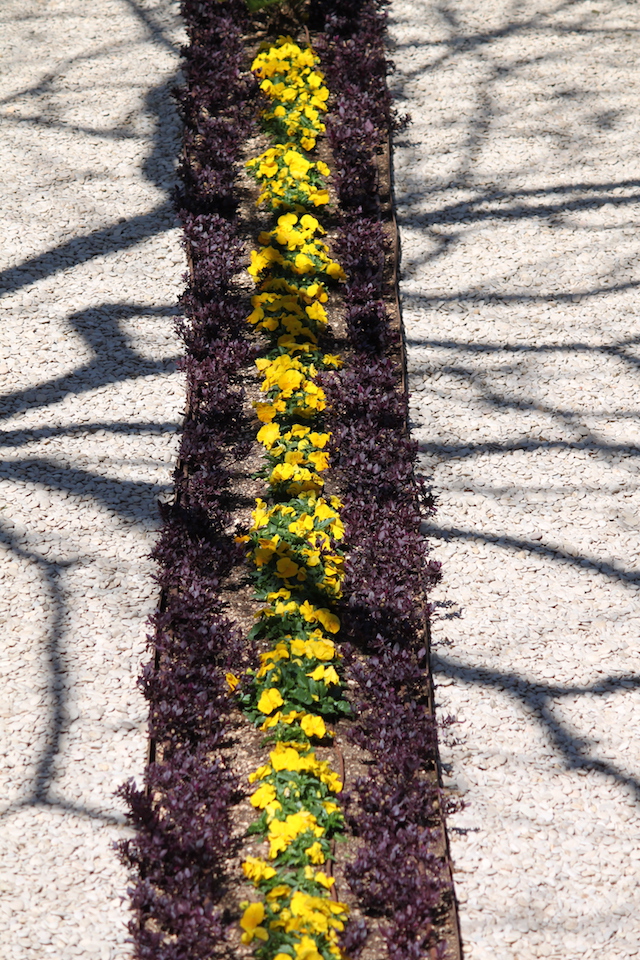
Tablet of the World – Five Positive Teachings
 In the Tablet of the World, we have already seen Bahá’u’lláh’s condemnation of four evils:
In the Tablet of the World, we have already seen Bahá’u’lláh’s condemnation of four evils:
The unbelievers and the faithless have set their minds on four things: first, the shedding of blood; second, the burning of books; third, the shunning of the followers of other religions; fourth, the extermination of other communities and groups. Now however, through the strengthening grace and potency of the Word of God these four barriers have been demolished, these clear injunctions have been obliterated from the Tablet and brutal dispositions have been transmuted into spiritual attributes.[1]
Such practices have no place in human behaviour. However Bahá’u’lláh also counsels five positive directions, in Tablet of the World.
The first is the fostering of peace.
It is incumbent upon the ministers of the House of Justice to promote the Lesser Peace … This matter is imperative and absolutely essential, inasmuch as hostilities and conflict lie at the root of affliction and calamity.[2]
The second, which reiterates a counsel Bahá’u’lláh gives repeatedly is for the adoption of a world language.[3]
The third is the prioritisation of decisions and actions which “promote fellowship, kindliness and unity”.[4]
The fourth is the establishment of a means for the resources to be made available for the education of all children.[5]
The fifth is the importance of ensuring the development and progress of agriculture.[6] Of course, agriculture is the foundation of releasing human potential, for without it material life is impossible.
It is interesting to observe that Bahá’u’lláh’s five positive teachings in the Tablet of the World are a positive mirror of the four appalling human practices of the past, which he condemns.
(This article is the 190th in a series of what I hope will be 200 articles in 200 days for the 200th anniversary of the birth of Bahá’u’lláh. The anniversary is being celebrated around the world on 21 and 22 October 2017, The articles are simply my personal reflections on Bahá’u’lláh’s life and work. Any errors or inadequacies in these articles are solely my responsibility.)
Image Credits. With thanks to Kath Podger, Ridvan 2015, Gardens in Bahji.
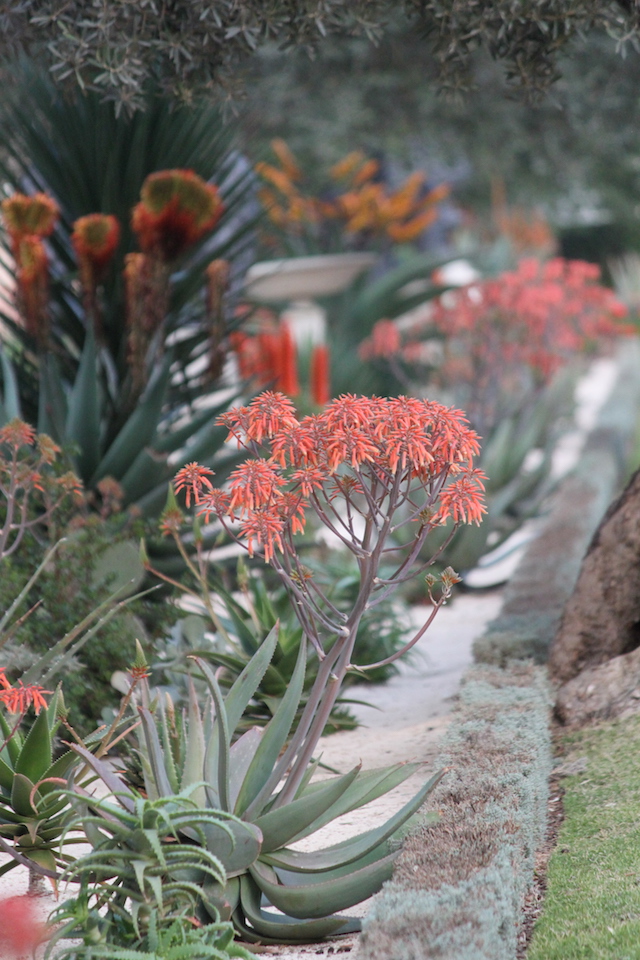
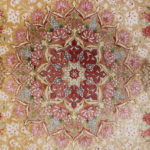
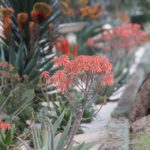
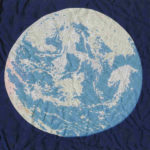


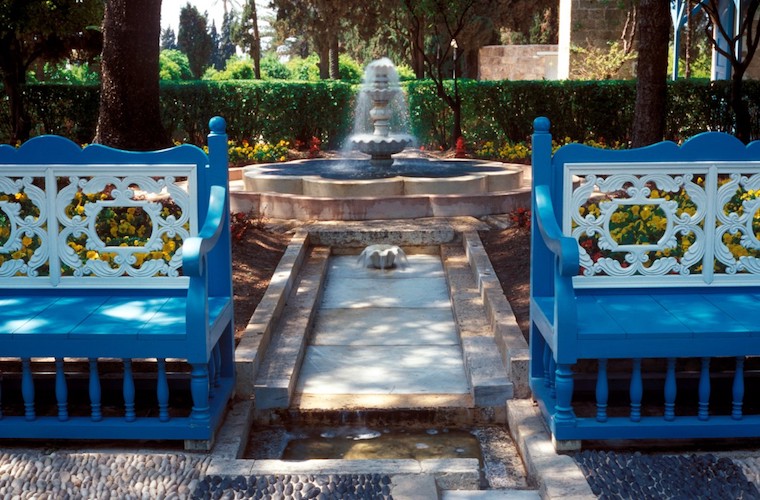

2 Comments
Michael Curtotti
Hi Hailu
It’s freely accessible at https://www.bahai.org/library/authoritative-texts/bahaullah/tablets-bahaullah/3#390686844
Hailu Nadew
I want to get the book in free ዳውንሎአድ.